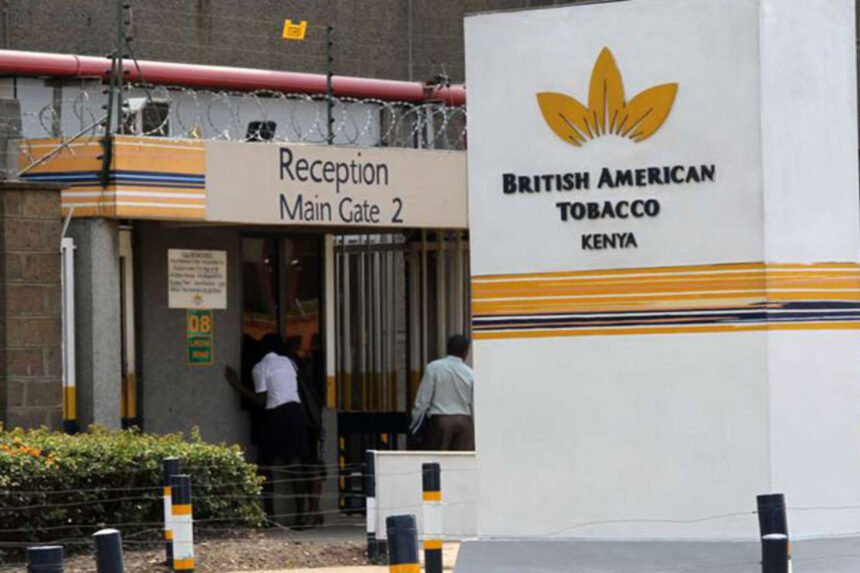Nairobi, Kenya – British American Tobacco Kenya (BAT Kenya) has announced the sale of equipment from its idle nicotine pouch factory in Nairobi. The facility has remained inactive for nearly five years due to the government’s failure to grant commercialization licenses for the new product.
In a financial report for the six months ending June 30, 2024, BAT Kenya revealed a 24.3% decrease in net profit, dropping to KES 2.14 billion (approximately USD 16.33 million). The decline was attributed to reduced sales and increased financial costs.
The company has concluded that selling the factory equipment is necessary to protect shareholder value. This decision marks the end of BAT Kenya’s efforts to obtain regulatory approval for its nicotine pouch products, which began in 2019.
“Due to ongoing regulatory uncertainties, the commercialization of our nicotine pouch factory has been impeded. To protect shareholder value, we have accepted an offer to sell the equipment from our nicotine pouch factory,” BAT stated.
Abandoning the nicotine pouch business means BAT will continue to rely on its traditional tobacco operations. However, this sector faces challenges such as a declining number of contract farmers, increased taxation, and the expansion of the illegal market.
The financial report also indicated a 6% decline in total revenue, primarily due to reduced export sales volumes, consumer downgrading in the domestic market, and the suspension of nicotine pouch sales.
BAT initially launched Lyft nicotine pouches in 2019 but ceased sales in 2020 after the government mandated their regulation as tobacco products. The product was reintroduced in 2022 under the brand name Velo, but sales were again halted due to regulatory uncertainties. BAT has been advocating for the recognition of modern oral nicotine pouches as scientifically validated, reduced-risk alternatives to traditional tobacco cigarettes.
The company expressed frustration over the regulatory uncertainty, which has prevented the commercialization of the nicotine pouch factory and resulted in capital being tied up in the idle facility, leading to investment losses.
